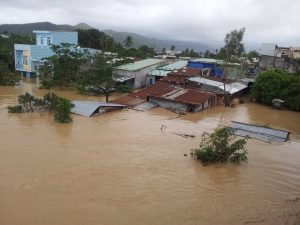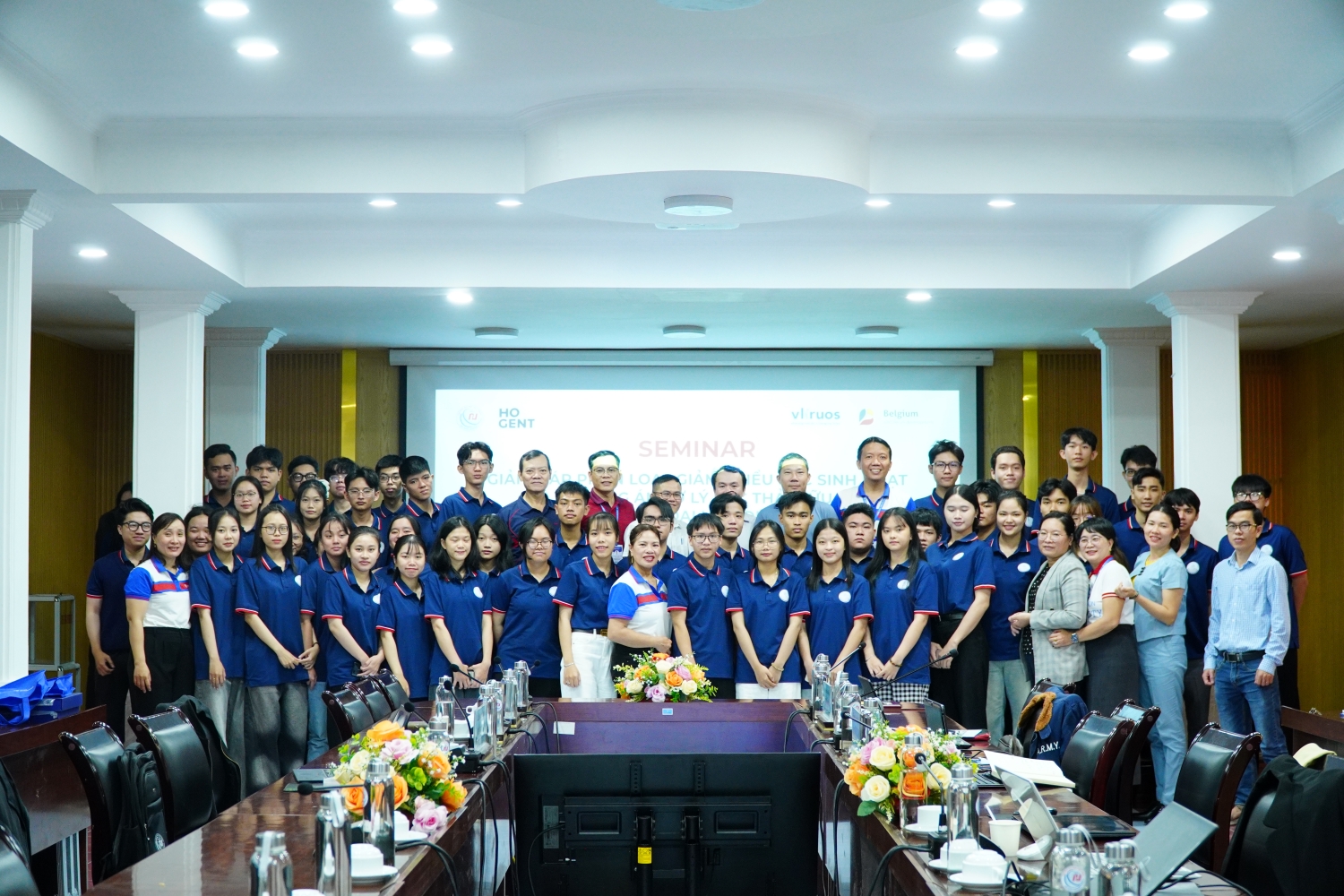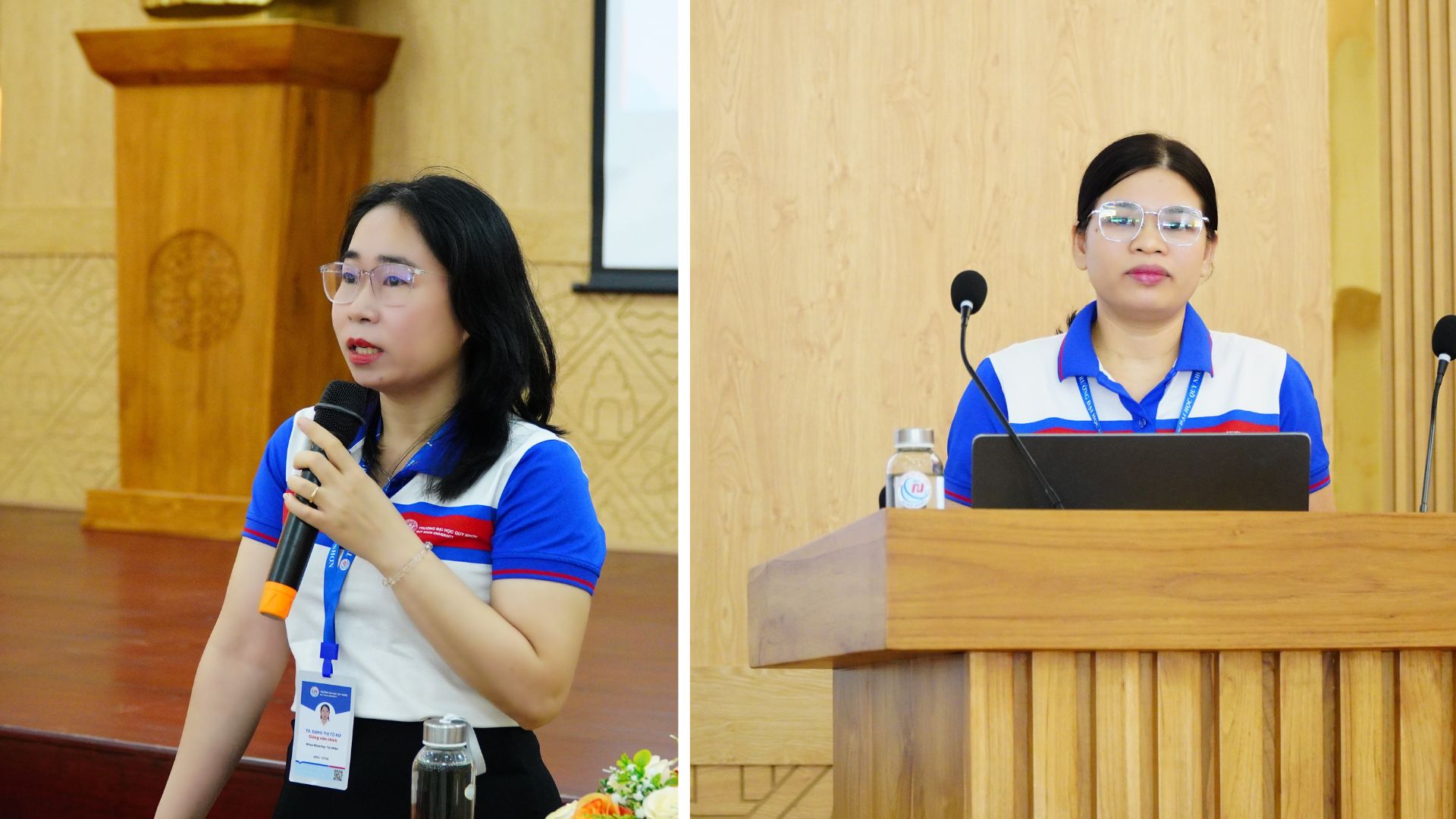Introduction to the project 1
The South Central Coast and Central Highlands of Vietnam are facing various phenomena of climate change. In particular, deadly floods have annually occurred with increasing frequency and intensity. For example, between 11 October 2020 and 15 November 2020 the region was hit by seven tropical storms, causing severe flooding that left 275 dead, 65 missing and 819 injured. Property was also severely impacted, with 3,276 homes destroyed, 280,766 damaged and 414,451 flooded, while 171,337 hectares of crops were damaged. The loss was estimated at more than 1.1 billion euros.
 Flooding in Dieu Tri town of Tuy Phuoc district, Binh Dinh province, 2013
Flooding in Dieu Tri town of Tuy Phuoc district, Binh Dinh province, 2013
Minimizing loss of life and property for people is calling the most urgent action, an accurate flood forecasting tool is of fundamental needs for this region to cope with extreme floods events. Several technologies have been applied in this region in terms of flood forecasting, but timings and affected locations are not always accurate, communications are not always up to scratch and there is a lack of tools to predict the affected households. Furthermore, the systems only function at regional level, the commune-level data is unavailable.
For the long term, in order to minimize loss of life and damage to property, Project 1 in the IUC program entitled “Developing an early flood warning system to improve the adaptive capability of the local authorities and communities in the context of climate change” aims to enhance the capacity of local authorities and communities to flood response (and natural disasters in general) by improving flood forecasting and warning in the South Central Coast and Central Highlands.

Tentative model of an early flood warning system
In the first five years, Project 1 will be implemented in the river basins of Binh Dinh and Phu Yen provinces. Therefore, the local authorities of the two provinces will work in close collaboration with the project team. Local communities are direct beneficiaries. The regular flood forecasts and warnings will be issued to villages, communes and wards affected by flooding through local authorities during stormy seasons. Via implementing this project, QNU expects to:
(i) Improve the locals’ flood resilience and reducing social vulnerability for Binh Dinh and Phu Yen provinces by building and implementing a highly accurate early flood warning system (EFWS) and developing flood scenarios in the context of climate change;
(ii) enhance the research and education capacities of its staff in the fields of natural disasters, IoT and data science through research cooperation and PhD co-supervision with Flemmish experts.










